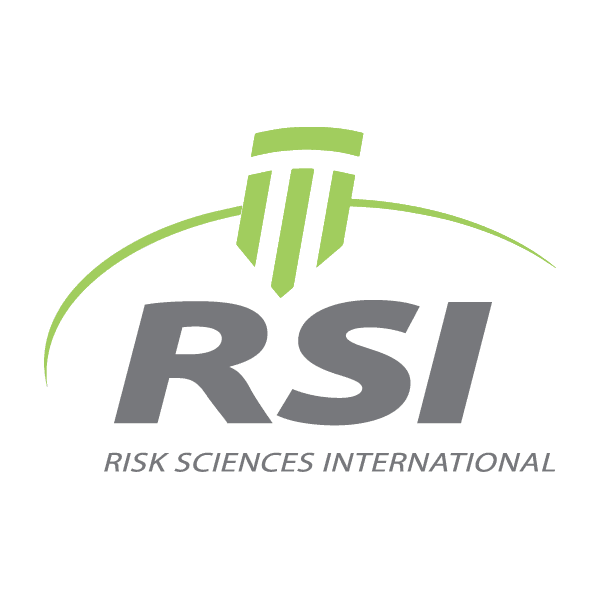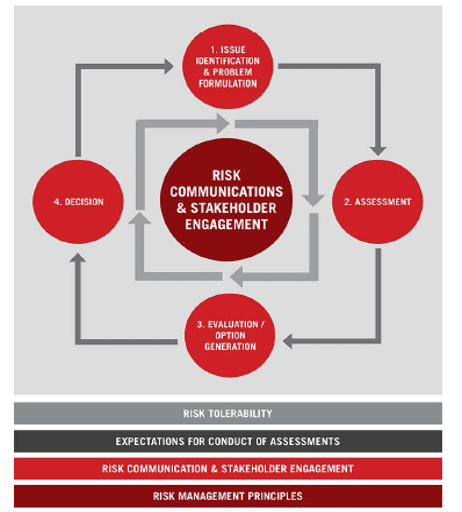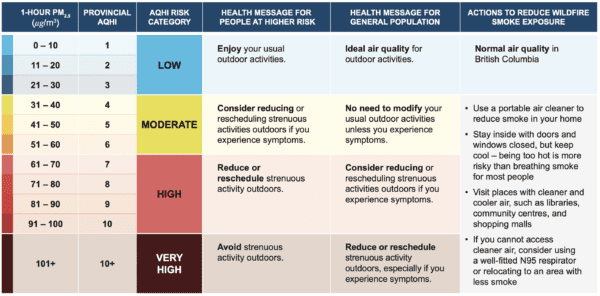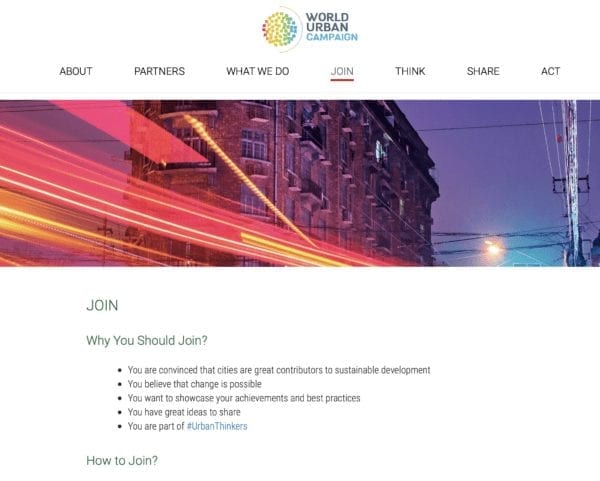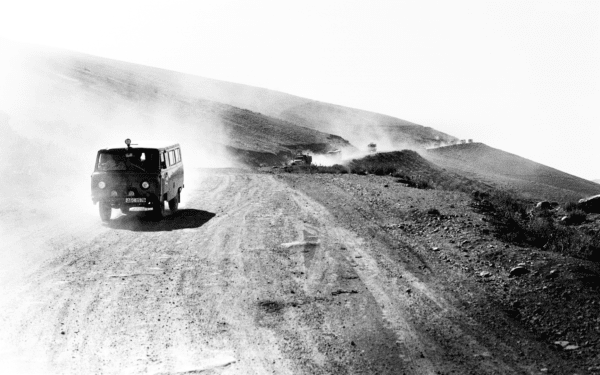Mandate
RSI was tasked with providing scientific advice and content for a nuclear power reactor licensing process in an OECD country.
The nuclear safety commission in question regulates and licenses all nuclear reactors in the country, and requires a full scope of technical information for licensing processes. This commission also expects that these documents are written to be understood by members of the general public who may follow the licensing process and attend the public hearings. This is important for the commission’s objective of ensuring that the licence application and approval process is fully transparent and accessible to the public.
Work
RSI advised on the preparation of key licensing documents for enhanced public comprehension and credibility in support of licensing hearings for two nuclear reactors. The goal was to provide comprehensible information on a complex and often contentious technology, presenting information on risks and safety provisions that is balanced and unbiased and thus credible to a public that has become concerned about risk claims and value-based opposition to the technology.
For one of the reactors, RSI evaluated communication materials in terms of risk communication best practices in the context of their licensing hearings. RSI advised on principles of communicating risk and risk management to a public that is concerned about risks from nuclear power reactors, particularly in light of claims made by critical intervenors. The process involved workshops with the reactor’s staff on public attitudes to nuclear power and risk communication.
For the second reactor’s licensing process, RSI developed a strategy for the document to be presented to the licensing commission's members. Working from the commission's technical licence application document, RSI drafted the text for the commission, presenting the essential technical details required for that document by the regulator, in a form that is more comprehensible by the non-technical public, preparing additional background material to more fully explain some key technical aspects of the nuclear power process and selecting graphics that illustrated complex processes or concepts. The process involved working closely with technical and other issue experts to ensure accuracy of the text, and delivering the document organization, design and layout.
Outcomes
The value of this process was illustrated by a comment by one of the Commission members, who complimented OPG on the quality of their report, and drew specific attention to the explanatory text boxes that RSI created to describe the complex technology that is difficult for the non-expert public to understand.
Posted in Case Study
More RSI Case Studies
RSI presents a very small selection of case studies to highlight some of its key work.
The Alliance of Blood Operators (ABO) needed a coherent risk management framework to guide decision-making on the delivery of blood services by its member organizations, which would help produce consistent decision-making processes and outcomes across the different national jurisdictional and regulatory structures. The RBDM approach was meant to support a shift in risk decision-making in national blood services organizations from one focused on minimizing all risks to blood quality and supply, with little concern for costs, to a risk-based approach in which resources are allocated according to risk and the application of financial resources and management rigour is proportional to the risk they are addressing.
Read MoreEnvironment and Climate Change Canada, with Health Canada, wanted to understand perceptions of the health risks from smoke from wildfires and from residential burning (winter heating using wood stoves, and fireplaces), and public health communication approaches and messages used in these contexts. This information would support revisions of the health messages used in the Air Quality Health Index (AQHI). The AQHI expresses the health risk associated with three common urban air pollutants, and is calculated at monitoring stations in communities across Canada to inform the public of the risk level of current local air quality conditions.
Read MoreThe project began with a series of consultations with UN-Habitat at UNON in Nairobi. In addition to Cemil Alyanak and Nicholas you, the project grew to include many key stakeholders both within UN-Habitat and from other organizations. Among the key organizations included in the early stages were United Cities and Local Governments, Cities Alliance, the World Bank, Habitat for Humanity, Cisco, and UN agencies interested in urban health, notably the World Health Organization.
Read MoreUnder the supervision of Director Purcell and his cabinet, the six-month project began with an internal review of attitudes, projects, responsibilities and management reporting lines. The work uncovered multiple inconsistencies and inefficiencies. What’s more, there were very real risk consequences at the operational level.
Read MoreThe original mandate aimed to find a new direction for the world renowned International Herald Tribune just as both the World Wide Web was in its infancy, and the newspaper faced increased competition from international and regional editions of established newspapers and magazines such as The Economist, The Wall Street Journal, and The Financial Times.
Read More

